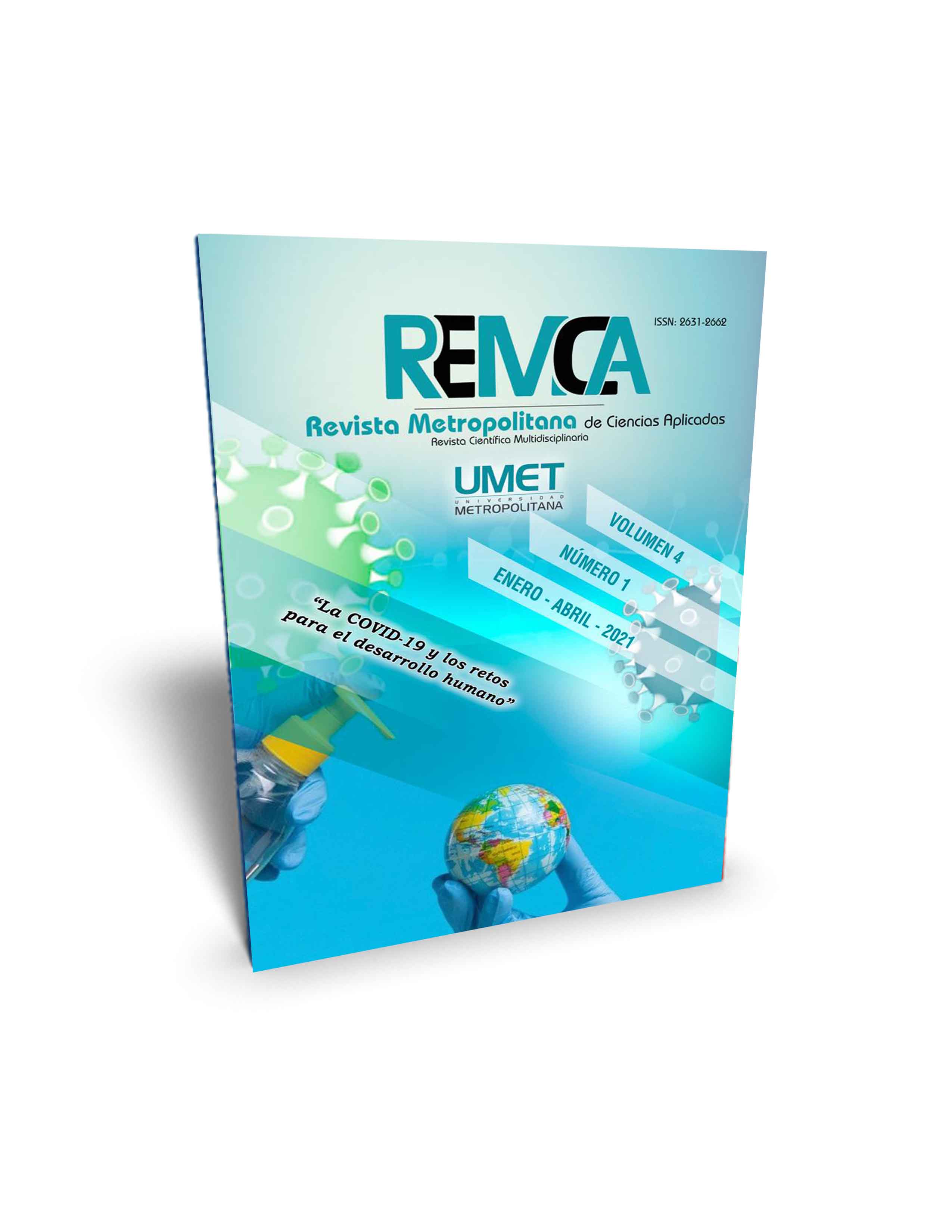Some reflections on popular education, as an alternative for the transformation of a technical High School of Cuautepec de Hinojosa, in the state of Hidalgo, Mexico
DOI:
https://doi.org/10.62452/ak209w43Keywords:
Popular Education, Paulo Freire, Secondary Education, Technical SecondaryAbstract
Reflections on Popular Education are presented, with the aim of exposing the possibilities of transformation that its execution offers, as well as stating the validity and belonging that Paulo Freire's thought has in the face of the social and economic conditions that a Technical Secondary is going through. in Cuautepec de Hinojosa, Hidalgo, Mexico, in order to contribute to the construction of alternatives that allow improving Technical Secondary Education in Mexico. Through a documentary analysis, social and economic conditions are recovered that allow to problematize the context that surrounds the Technical Secondary School of Hidalgo, Mexico, from which Popular Education is explained and with it the possibilities that it gives the subjects to be able to recognize, question and thereby transform them.
Downloads
References
Freire, P. (1969). La educación como práctica de la libertad. Paz e Terra.
Freire, P. (1973). ¿Extensión o comunicación?: la concientización en el medio rural. Siglo XXI Editores.
Freire, P. (1994). La naturaleza política de la educación. Planeta-Agostini.
México. Consejo Nacional de Evaluación de la Política de Desarrollo Social. (2010). Estimaciones de CONEVAL con base en el Censo de Población y Vivienda 2010. CONEVAL. http://www.microrregiones.gob.mx/catloc/indRezSocial.aspx?ent=13&mun=016
México. Consejo Nacional de Población. (2004). Capítulo 1. Concepto y dimensión de la marginación. CONAPO. http://www.conapo.gob.mx/work/models/CONAPO/Resource/1755/1/images/01Capitulo.pdf
México. Instituto Nacional de Estadística y Geografía. (2017). Anuario estadístico y geográfico de Hidalgo 2017. INEG. https://www.datatur.sectur.gob.mx/ITxEF_Docs/HGO_ANUARIO_PDF.pdf
México. Secretaría de Educación Pública del Estado de Hidalgo. (2019). Sistema Nacional de Información de Escuelas. https://www.siged.sep.gob.mx/SIGED/escuelas.html
Núñez, C. (1992). Educar para transformar, transformar para educar. Ed. IMDEC.
Orozco, G. (1997). La Investigación en comunicación desde la perspectiva cualitativa. Ed. IMDEC.
Downloads
Published
Issue
Section
License
Copyright (c) 2021 Salvador Tenorio Maya, Maritza Librada Cáceres Mesa, Coralia Juana Pérez Maya (Autor/a)

This work is licensed under a Creative Commons Attribution-NonCommercial-ShareAlike 4.0 International License.
Authors who publish in Revista Metropolitana de Ciencias Aplicadas (REMCA), agree to the following terms:
1. Copyright
Authors retain unrestricted copyright to their work. Authors grant the journal the right of first publication. To this end, they assign the journal non-exclusive exploitation rights (reproduction, distribution, public communication, and transformation). Authors may enter into additional agreements for the non-exclusive distribution of the version of the work published in the journal, provided that acknowledgment of its initial publication in this journal is given.
© The authors.
2. License
The articles are published in the journal under the Creative Commons Attribution-NonCommercial-ShareAlike 4.0 International License (CC BY-NC-SA 4.0). The terms can be found at: https://creativecommons.org/licenses/by-nc-sa/4.0/deed.en
This license allows:
- Sharing: Copying and redistributing the material in any medium or format.
- Adapting: Remixing, transforming, and building upon the material.
Under the following terms:
- Attribution: You must give appropriate credit, provide a link to the license, and indicate if any changes were made. You may do this in any reasonable manner, but not in any way that suggests the licensor endorses or sponsors your use.
- NonCommercial: You may not use the material for commercial purposes.
- ShareAlike: If you remix, transform, or build upon the material, you must distribute your creation under the same license as the original work.
There are no additional restrictions. You may not apply legal terms or technological measures that legally restrict others from doing anything the license permits.




